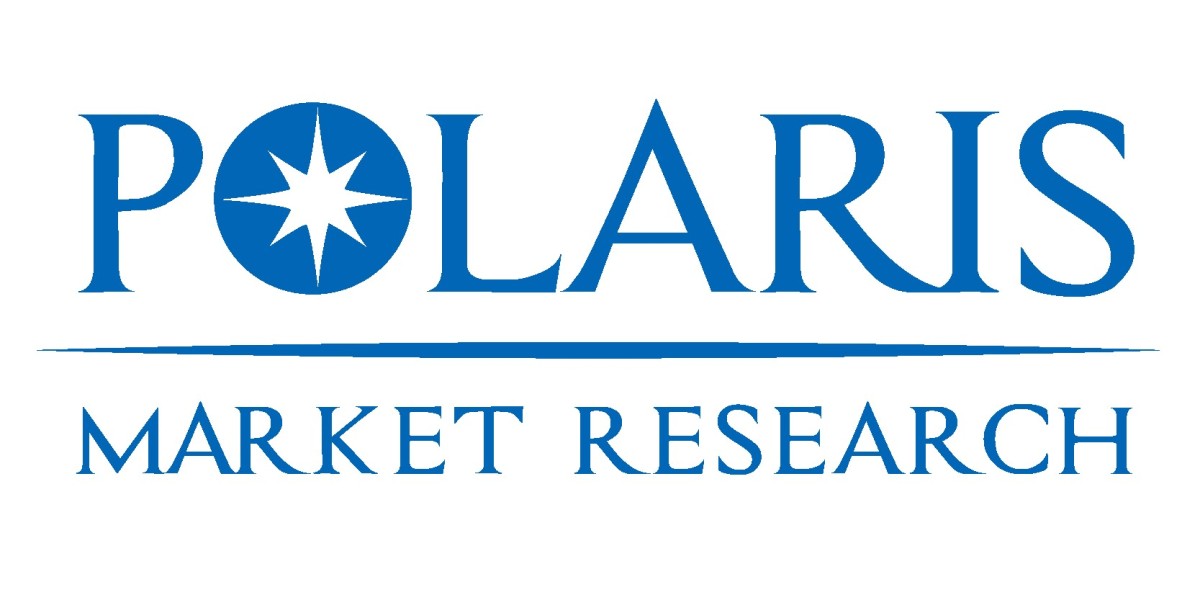Market Summary
Global Battery Management System Market size and share is currently valued at USD 8.41 billion in 2024 and is anticipated to generate an estimated revenue of USD 78.72 billion by 2034, according to the latest study by Polaris Market Research. Besides, the report notes that the market exhibits a robust 16.30% Compound Annual Growth Rate (CAGR) over the forecasted timeframe, 2025 - 2034
The battery management system (BMS) market has become a vital segment within the broader energy storage and electric mobility ecosystem. Battery management systems are electronic systems designed to monitor, control, and optimize the performance, safety, and longevity of rechargeable batteries. These systems are widely used in electric vehicles (EVs), renewable energy storage systems, consumer electronics, and industrial applications. A BMS ensures efficient energy utilization, prevents overcharging or deep discharging, balances cell voltage, and monitors temperature to avoid thermal runaway, thus maintaining battery reliability and safety.
With the global shift toward clean energy, electrification of transportation, and the growing adoption of renewable energy sources, the demand for advanced battery management systems is witnessing substantial growth. Technological advancements in lithium-ion batteries, along with increasing investment in electric mobility infrastructure and energy storage solutions, are key factors propelling market expansion.
Key Market Growth Drivers
The battery management system market is driven by multiple factors, including:
Rise of Electric Vehicles (EVs)
The surge in demand for electric cars, buses, and commercial vehicles is one of the primary drivers of BMS adoption. Battery management systems are critical for ensuring battery efficiency, safety, and performance in EVs, thereby supporting the widespread shift from internal combustion engines to electric propulsion.Growth in Renewable Energy Storage
As renewable energy generation from solar and wind becomes more widespread, the need for reliable energy storage systems has intensified. BMS technology is essential for optimizing large-scale battery storage solutions that store intermittent energy and support grid stability.Technological Advancements in Batteries
The increasing use of lithium-ion and other advanced battery chemistries has created a demand for sophisticated battery management systems capable of managing complex cell architectures and ensuring safety, longer life, and enhanced performance.Government Incentives and Policies
Governments across the world are offering subsidies, tax incentives, and regulatory support to promote electric vehicles and renewable energy storage, indirectly boosting the demand for BMS technologies.Rising Industrial Applications
Industrial machinery, robotics, and uninterruptible power supply (UPS) systems are increasingly adopting advanced battery solutions. Battery management systems provide the necessary monitoring and control to ensure optimal performance in these critical applications.Emphasis on Safety and Longevity
Safety concerns such as thermal runaway, overcharging, and deep discharging necessitate the use of advanced BMS solutions to monitor battery health and prevent catastrophic failures, particularly in high-capacity battery packs.
?????? ???? ????????:
https://www.polarismarketresearch.com/industry-analysis/battery-management-system-market
Market Challenges
Despite significant growth potential, the battery management system market faces certain challenges:
High Initial Costs
Advanced BMS solutions, especially for EVs and industrial energy storage systems, involve substantial upfront costs, which can limit adoption in price-sensitive segments.Complexity of Integration
Integrating BMS with large-scale battery systems or complex EV architectures requires specialized expertise, design customization, and rigorous testing, which can extend development timelines.Standardization Issues
A lack of uniform global standards for battery management systems across industries and geographies can create compatibility and interoperability challenges.Rapid Technological Evolution
The fast-paced development of battery chemistries and cell technologies requires constant innovation in BMS solutions, posing pressure on manufacturers to keep up with evolving technical requirements.Supply Chain Constraints
The availability of key electronic components such as sensors, controllers, and integrated circuits can impact the production and scalability of BMS solutions, particularly during periods of global semiconductor shortages.
Regional Analysis
The battery management system market demonstrates varied growth dynamics across regions:
North America leads in technological innovation and adoption of EVs, smart grid systems, and industrial energy storage solutions. The United States is a dominant player, supported by strong government initiatives, R&D investment, and the presence of leading EV manufacturers.
Europe represents a significant market due to stringent emissions regulations, rapid EV adoption, and strong renewable energy initiatives. Germany, France, and the UK are particularly active in deploying advanced BMS solutions across automotive and energy sectors.
Asia-Pacific is the fastest-growing market, driven by the rapid expansion of the EV sector in China, India, and Japan, as well as government-led renewable energy projects. China, as the largest EV market, is a key hub for battery manufacturing and BMS deployment.
Latin America shows emerging potential, with countries such as Brazil and Mexico investing in EV infrastructure and energy storage systems. Market growth is supported by increasing urbanization and the need for sustainable energy solutions.
Middle East and Africa are gradually adopting BMS solutions as renewable energy projects and electric mobility initiatives expand. While the market is still nascent, increasing government investments and energy security projects are expected to drive future growth.
Key Companies
The battery management system market is highly competitive, featuring both global leaders and regional innovators focused on technological advancement, quality, and reliability. Leading companies include:
LG Chem Ltd.
Panasonic Corporation
Samsung SDI Co., Ltd.
Robert Bosch GmbH
Texas Instruments Incorporated
NXP Semiconductors N.V.
Hitachi Chemical Co., Ltd.
Vitesco Technologies Group AG
Eberspaecher Group
Johnson Controls International plc
Infineon Technologies AG
Denso Corporation
These companies focus on product innovation, strategic partnerships, and expansion into emerging markets to strengthen their presence and address the rising demand for advanced BMS solutions across automotive, industrial, and energy storage applications.
Conclusion
The battery management system market is poised for significant growth, fueled by the global push toward electrification, renewable energy adoption, and the increasing importance of battery safety and efficiency. Advanced BMS solutions play a critical role in managing battery performance, extending lifespan, and ensuring operational safety across electric vehicles, energy storage systems, and industrial applications.
More Trending Latest Reports By Polaris Market Research:
Refurbished Medical Imaging Equipment Market
Indoor Air Purification Market
Europe Pneumococcal Vaccine Market
Refurbished Medical Imaging Equipment Market
Singapore, Malaysia, and China Corporate Secretarial Services Market
North America and Europe Open RAN Market








